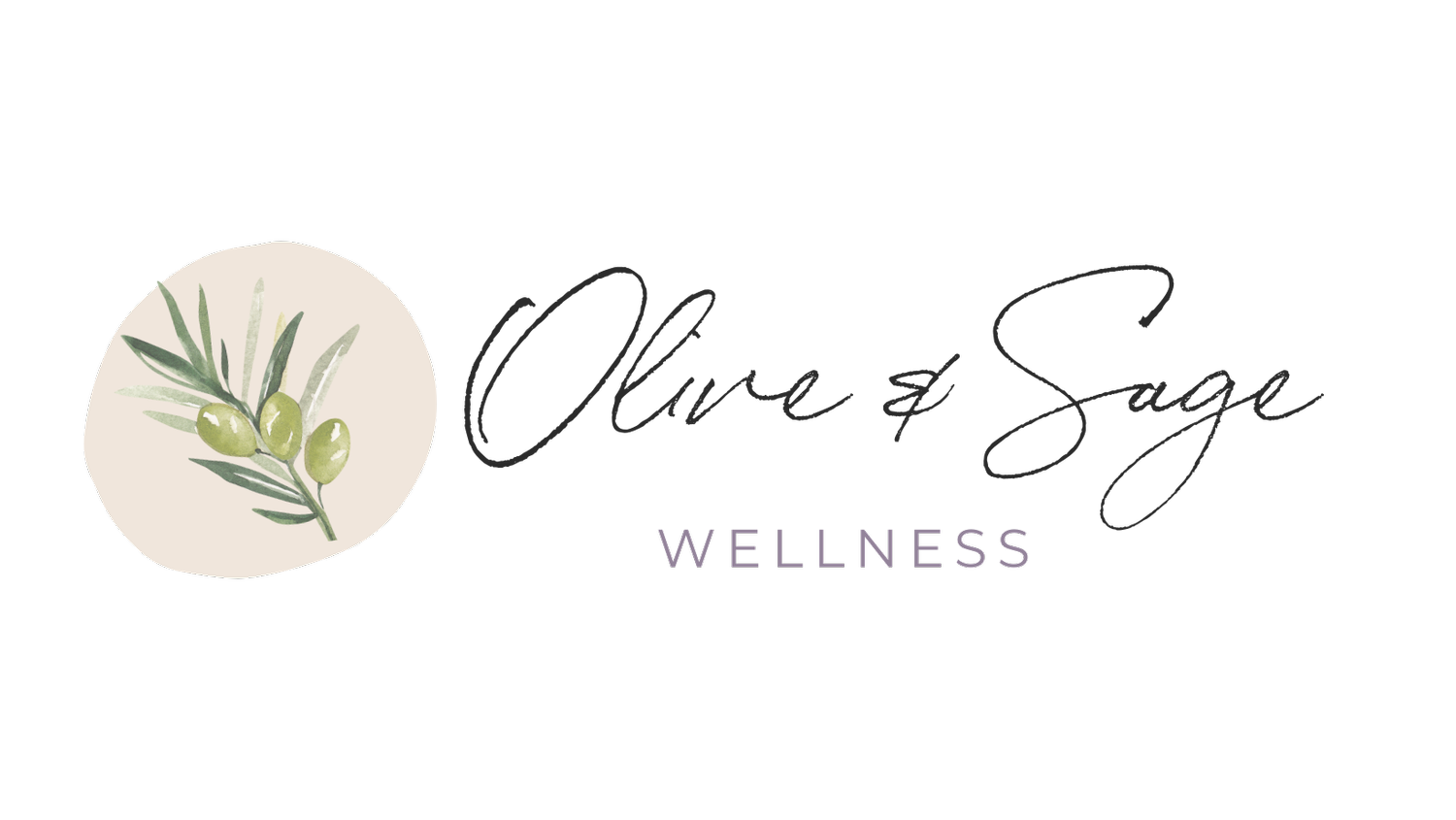Going Beneath the Surface: The Healing Potential of Depth Therapy
If I’m focusing on what I want my life to look like in the future, why do I need to look to my past?
It won’t surprise you to know that many clients that come to therapy do so with future goals or accomplishments in mind: I want to start a family, I want to find a healthy life partner, I want to excel at my career, etc. When we’re so focused on what we want our future to look like, it can feel frustrating to have to look back at our past. After all, things happened, we got through them, we’ve moved on, what’s the big deal?
The “big deal”, so to speak, is that our past holds parts of ourselves that are unhealed and that will bubble up repeatedly in our present and future lives if they are not resolved. For example, if you were a child that was tasked with being parentified figures for younger family members, you may unconsciously seek romantic partners that need to be cared for. Or if you lived in a family where it was normal for your parents to be hyper critical of you, you may find yourself having a difficult time thriving in a work environment where perfection is unattainable.
It’s not unusual for people to be timid and wary of unearthing the past: but I love my family, I don’t want to start digging up problems! Depth therapy is not about unearthing problems. It is about honoring the basic truth that: we become who we are because of the formative relationships and experiences in our lives. Depth therapy is helping you acknowledge and validate what your unique experiences were, understanding how they impacted you then and now, and learning how to take care of yourself in the present to create a different experience in your life. That process will help to provide more relief than avoidance and toxic positivity ever will.
Getting to know your mind on a deeper level will help you in a variety of ways. You will find yourself able to engage in more fulfilling and authentic relationships with others, your negative self-talk will shift, your self-criticism will lessen, and your self-awareness will grow which will help to create room to make different decisions that reflect your ability to deeply take care of yourself.
Coping skills and behavioral therapeutic techniques are helpful tools to decrease distress and to help you learn how to navigate your emotional upset in a healthier way. However, that effectiveness has its limits. Coping skills and behavioral techniques do not resolve the source of your distress and unhealthy patterns in your life may not get broken.
If you find yourself feeling frustrated by the limitations of your previous therapeutic experiences and find yourself naturally leaning towards conversations that involve emotional processing and building insight (i.e., life chats), you might benefit from trying depth therapy. Schedule a free 15 minute consultation today.
